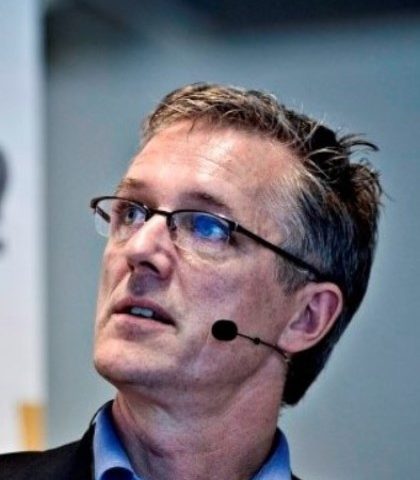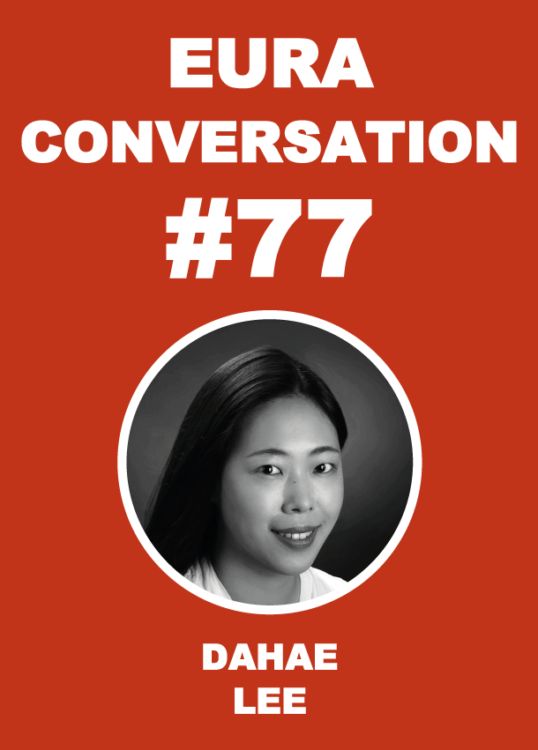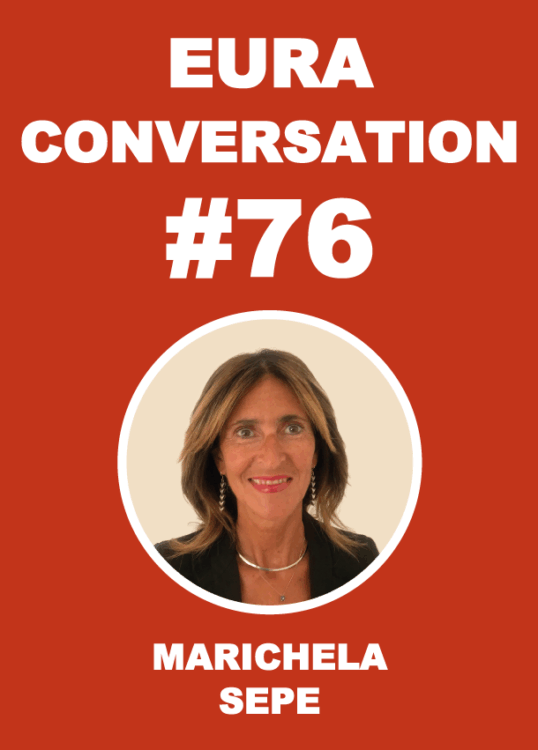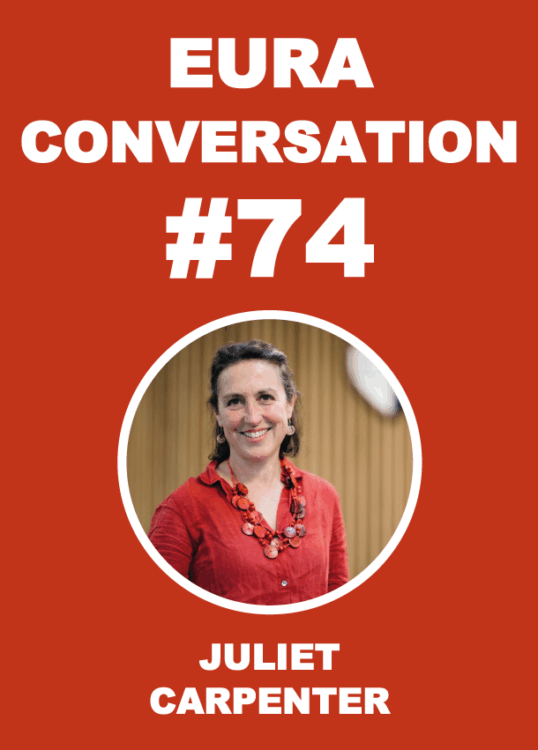
Summer School on ‘Local government in motion – Local innovation in changing contexts’ | 2021
03/10/2020
#11 Empowering place
20/10/2020#10 Opportunity
Not just bad?
by Jacob Norvig Larsen, Aalborg University, Denmark

Evidently, the Covid-19 crisis poses great danger to peoples’ health and to the economy. Nevertheless, just as with any crisis, Covid-19 represents not only disruption but also opportunity.
This health crisis has destroyed lives and disrupted the economy. Nonetheless, all of a sudden it also stopped some of the undesirable consequences of the ways we produce, travel, entertain and live our urban lives. Thus, the pandemic poses new perspectives on urban quality of life and offers new opportunities. Are we going to acknowledge and develop these opportunities? Or will we go back to business-as-usual as quickly as possible?
Before Covid-19, in 2019, the acceptance of United Nation’s Sustainable Development Goals (SDGs) and interest in improvement of urban quality of life and urban sustainability was gaining momentum in many cities and countries around the world. However, in 2019 thousands of cities seemed to be moving towards the dark vision of Ridley Scott’s 1982 film Blade Runner – dystopian, dense, intensely polluted and unsafe cities with traffic everywhere, constant rain and noise, and no view of a clear blue sky.
Then, just a few weeks into 2020, the sky above many Asian and European cities cleared up, air and noise pollution dropped significantly and the urban environment became much healthier – except for the new virus, which proved to be a deadly threat. Clearly, the serious illness and many deaths caused by Covid-19 are not to be welcomed. But being able to view a clear blue sky free from smog, noxious haze, and contrails from aircraft is, surely, not entirely bad.
Very many cities in all continents are economically dependent on international tourism. According to the UN SDGs tourism activities can be exercised in sustainable ways – hypothetically. But in 2019 tourism was (mostly) a mass production affair – one that often implied degrading work environments, waste and pollution in cities and at open sea, in addition to excessive consumption of non-sustainably produced energy sources for transportation.
More often than not, cruise ship companies register their vessels in nations with low tax rates and relatively weak environmental and work protection laws. Overnight, the Covid-19 crisis dramatically reduced the cruise ship industry. Evidently, the loss of thousands of jobs is not in any way a good thing.
But a sea with less air pollution, sewage, litter and trash cannot be bad. Dolphins swimming in Venetia’s Canal Grande is good too. Also many of us have enjoyed the 2020 holiday season without going abroad by airplane or cruise ship. Does this raise a new perspective?
In many cities experiencing lockdown restrictions, people have increased their use of parks and other outdoor recreational facilities. Access to gyms schools, and sports facilities was prohibited in many cities. More space for urban outdoor activity may require a new take on urban planning. This could be bad for developers and investors and could, perhaps, diminish opportunities to provide affordable housing. But could it also improve the urban quality of life?
By now, the flu season in the global South is over. It turns out it has been much milder than in previous years. Fewer infections, fewer severe cases, more lives saved. The same was the case last winter in North. Also, we have witnessed many fewer premature births. It seems that considerate behaviour when you sneeze or cough makes a difference when you are close to other people in the metro or elsewhere in the urban environment. Hand washing does matter. Here is a field where behavioural change produces immediate health results – for free. Not too bad?
We have seen our cities in the new light from a clean blue sky. Have we realized what could be achieved? Perhaps the impacts of Covid-19 are not all bad?
In the next contribution to EURA Conversations Robin Hambleton offers some thoughts on what Covid-19 might mean for local power.






